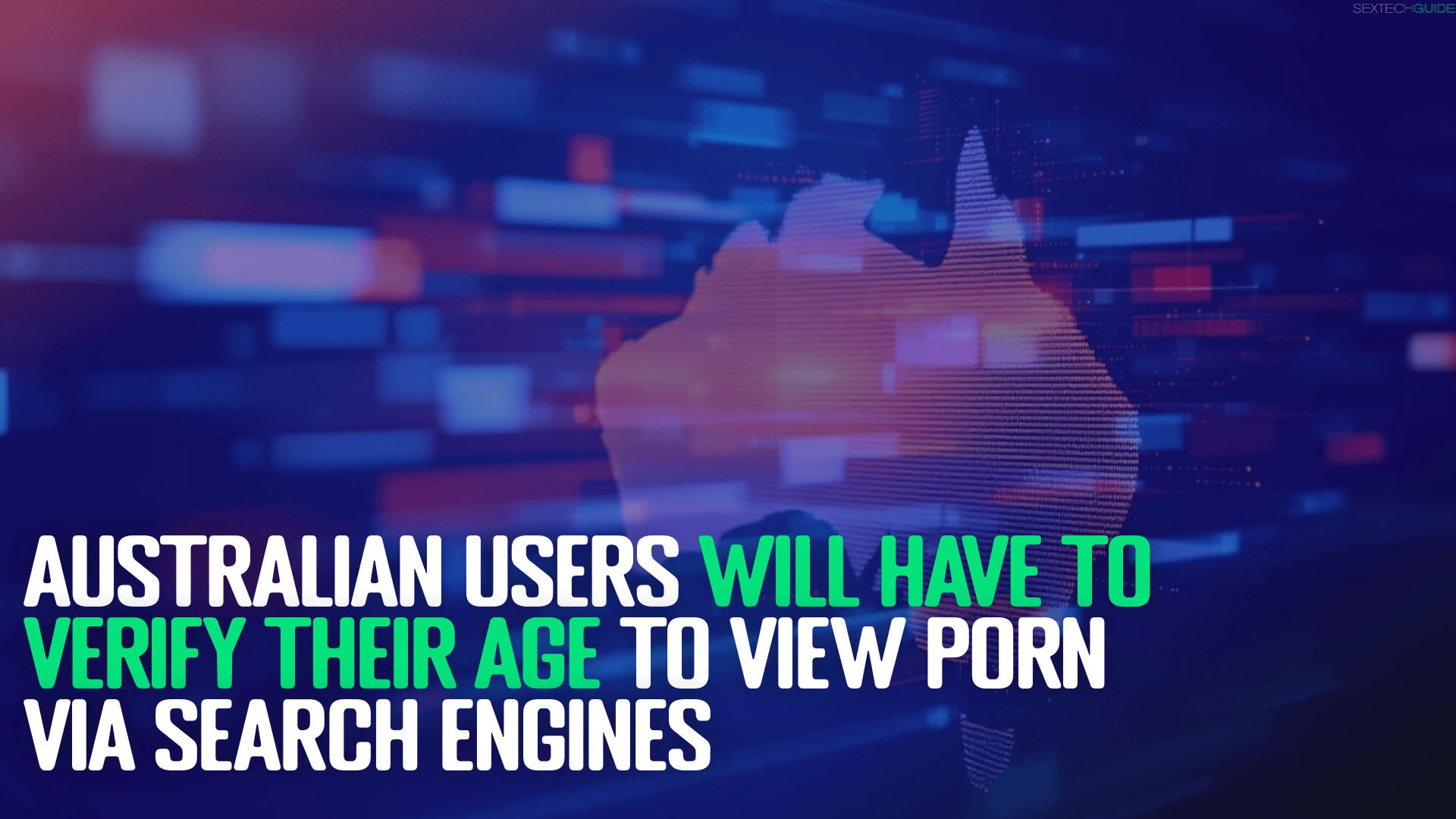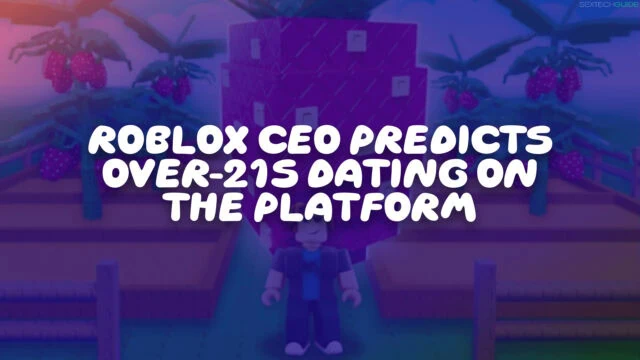Search engines operating in Australia must introduce age verification processes for users in the country by the end of 2025, to comply with new laws designed to stop children accessing online porn.
Australia’s eSafety Commissioner introduced the Internet Search Engine Services Online Safety Code, which outlines the new rules. Search engines that don’t comply with new age verification standards face fines of up to AUS $49.5 million (US $32 million) for each breach.
Many governments have introduced tougher age verification rules for online porn access recently, including the UK and US. The law changes tend to focus on age verification on porn sites, rather than search engines.
Australian authorities have tested age verification at porn site-level, but focusing on search engines too shows that the crackdown is wider-reaching than many elsewhere. According to the new Code, search engines must “implement appropriate age assurance measures for account holders” by the end of the year.

The idea is that only search engine users who pass age verification checks will be able to access search results showing porn or “high-impact violence material”. If age checks recognise that a user is a child, search engines must apply search restrictions such as ‘safe search’ functions as default, that block porn results entirely.
Those rules apply when a user is logging into a search engine under an account they have with it. Under the Code, for users using search engines without logging in (which will be the case for many users), porn results must be blurred.
The eSafety Commissioner hasn’t announced specifics about how age must be verified, but methods are likely to include verification with government ID and/or face recognition.
The Code brings in further responsibilities for search engines. By the end of 2025 they must ensure that their ranking systems and algorithms are designed to reduce the likelihood of porn appearing in search results following queries not related to porn (i.e. ‘accidental’ porn results). They must also design their functionality so that autocomplete predictions are not sexually explicit.
Questions about how successful the new rules will be have been raised, in light of the popularity of virtual proxy networks (VPNs). A VPN can be used by someone of any age to virtually convince a device into operating as if it’s in a different region, circumnavigating local restrictions such as age verification.
It’s also been suggested that it will be extremely hard to implement the new rules, considering that many people use search engines on shared devices used by both adults and children. It’s currently unclear if age verification processes must be completed for every single new search engine session, or if verification can be maintained for multiple sessions.
“Kids as young as ten are spending up to five hours a day with AI chatbots”
Julie Inman Grant, Australian eSafety Commissioner
Julie Inman Grant, Australia’s eSafety Commissioner, doesn’t look to be slowing down the internet safety crackdown. Before the end of 2025 a ban on under-16s using certain social media platforms will be implemented.
Inman Grant has suggested that AI chatbots may be next in line for further scrutiny and law changes.
Inman Grant said: “We are already receiving anecdotal reports from school nurses, that kids as young as ten are spending up to five hours a day with AI chatbots, at times engaging in sexualised conversations and being directed by the chatbots to engage in harmful sexual acts or behaviours.”
She added: “We need industry to be building in guardrails that prevent their chatbots engaging in this type of behaviour with children.”
In 2024 Google updated its core search functionality to make nonconsensual deepfake porn more difficult to find through its engine.






Leave a Reply